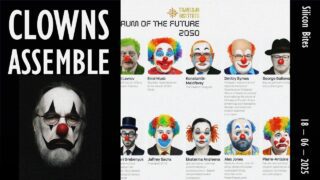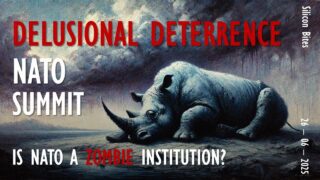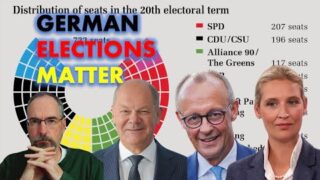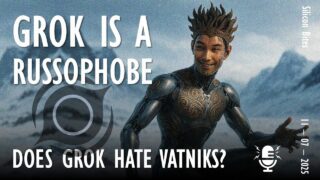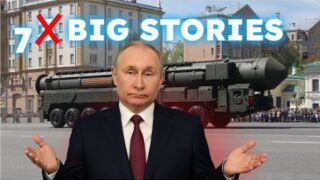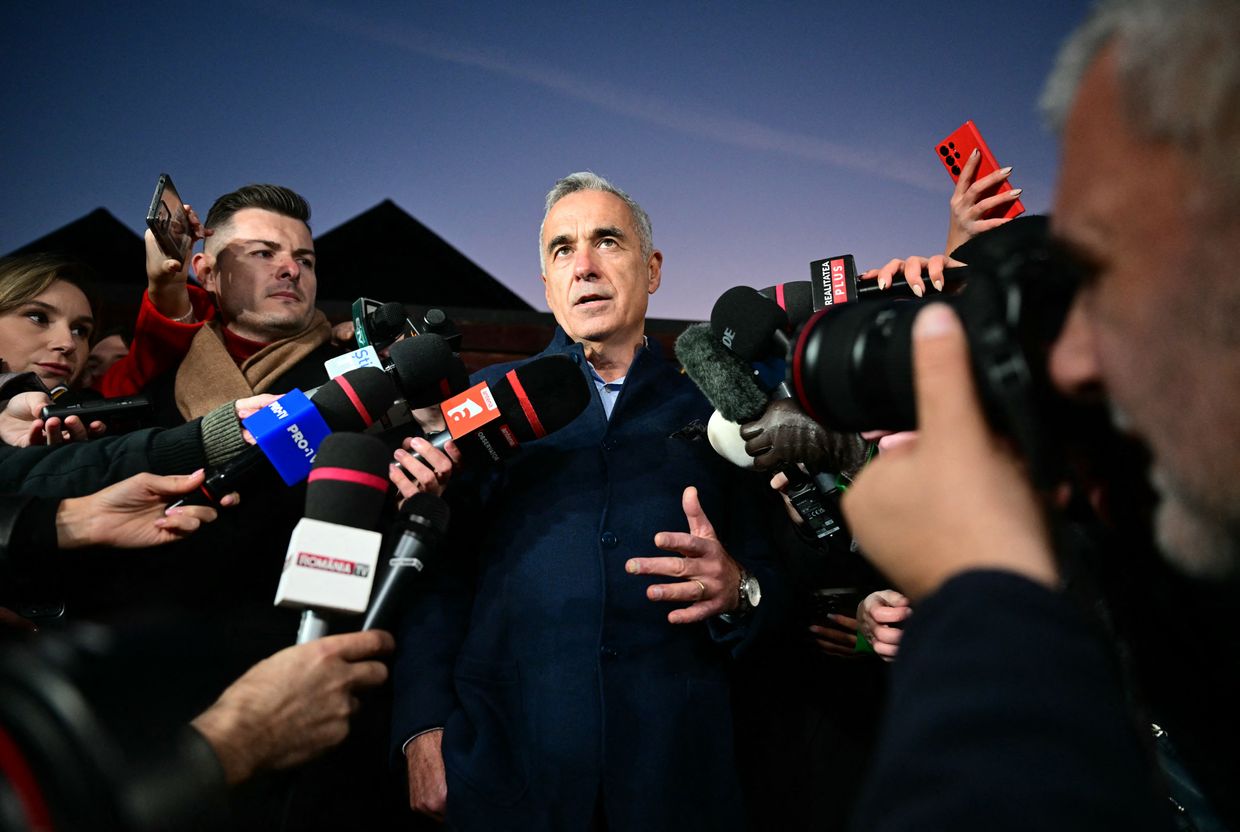
Russia-friendly candidates surge in Romania's elections, a worrying signal for Ukraine
Romania's presidential and parliamentary elections saw a strong showing for far-right politicians critical of military support for Ukraine.
Anti-NATO and Russia-admiring independent candidate Calin Georgescu came in first during the initial round of the presidential vote on Nov. 24, with nearly 23%, a shock result that contradicted previous polling. Nationalist parties failed to win a majority in the Dec. 1 parliamentary elections but more than tripled the far-right presence in Romania's legislature.
Though far from a full victory, such a political shift in a country whose government staunchly supported its Ukrainian neighbors underscores the growing fatigue across Europe. It also reveals how European voices critical of support for Ukraine are steadily leaving the fringe of political discourse.
Georgescu, a conspiracy theory-loving politician who has praised Russian President Vladimir Putin and Romania's World War II-era pro-Nazi dictator Ion Antonescu, is expected to face pro-EU Elena Lasconi in the presidential runoff on Dec. 8.
Initially considered a marginal candidate, conservative ultranationalist Georgescu owed his success to a strong social media presence that helped him capitalize on the anti-establishment votes.
The first round, accompanied by accusations of TikTok's pro-Georgescu bias and Russian-linked cyberattacks, was even subjected to a recount and had to be validated by the Constitutional Court.
In the parliamentary elections, the Alliance for the Union of Romanians (AUR), whose leader George Simion has been banned from entering Ukraine, came second with more than 18% of the vote, trailing only the incumbent Social Democrats with 22.6%.
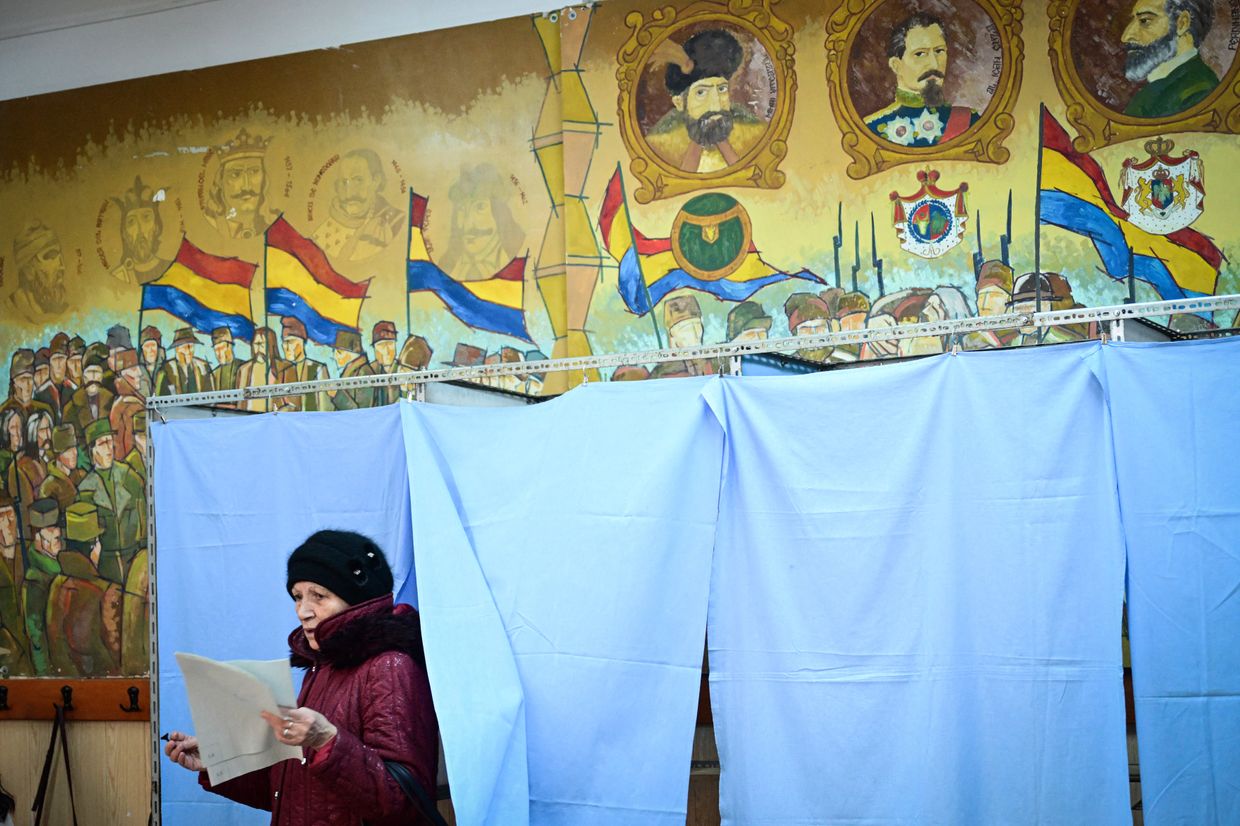
Two other far-right parties — SOS Romania of pro-Russian MEP Diana Sosoaca and the Party of Young People (POT) associated with Georgescu — won roughly 7.5% and 6.2%, respectively.
While the pro-Western moderate parties gathered more votes in the parliamentary elections, the strong showing of nationalist parties and Georgescu's real chances of winning the presidency added another brick to the growing pro-Russian sentiment in Europe.
Why does Romanian support matter for Ukraine?
Romania has proven itself to be a staunch ally to Ukraine, providing important military, economic, and humanitarian support. Sharing a 613-kilometer (380-mile) border with Ukraine, Romania has been threatened by Russian drones crashing on its territory during night raids on Ukraine.
The country has been one of the few partners to provide Ukraine with a full Patriot air defense battery, atop a mostly classified list of materiel that reportedly includes APRA-40 multiple-launch rocket systems or TAB-71 armored vehicles.
Ukrainian pilots are learning to fly F-16s at the allied training hub in the Fetesti Air Base in southeastern Romania, while another base is scheduled to host training for Ukrainian Marines.
As Ukraine's neighbor, Romania became crucial for the transit of Ukrainian agricultural exports heading to global markets amid Russia's attempts at blocking the Black Sea trade routes.
Though the importance of the Romanian route has decreased thanks to Ukraine reopening a new maritime corridor, Romania's Constanta Black Sea port still accounted for one-quarter of Ukrainian agricultural exports as of late 2024.
As part of humanitarian assistance to the besieged country, Romania has hosted over 170,000 refugees and supported international demining efforts.
Bucharest has also been a vocal advocate for Kyiv and its accession to NATO and the EU on the international stage. The cooperation between the two neighbors was solidified in a 10-year security treaty penned on July 11.
"We must stand by Ukraine and its people," outgoing Romanian President Klaus Iohannis told the European Parliament in February, saying that defending democracy, territorial integrity, and sovereignty cannot be subjected to "solidarity fatigue."
How can the far-right disrupt it?
Despite a surge, the Russian-friendly nationalist parties failed to win a majority in the parliament. However, Romania's political system gives the president ample opportunities to disrupt the country's pro-Ukraine course.
Romania's head of state is the commander-in-chief of the Armed Forces, chairs the Defense Council, and represents the country internationally, including in the European Council and at NATO summits.
Georgescu has often weighed in on foreign and defense issues, calling a NATO base in the country a source of national "shame" and speaking out against military assistance for Kyiv.
During the electoral campaign, the far-right candidate suggested there is no war in Ukraine, asking the moderator, "Have you been there? Did you see it with your own eyes?" He also praised Putin as a man who "loves his country."
If Georgescu wins the second sound of the presidential vote, "he will have a popular legitimacy as a president… (and) all the necessary discursive coverage," Sergiu Miscoiu, a political science professor at the Babeș-Bolyai University in Cluj-Napoca, told the Kyiv Independent.
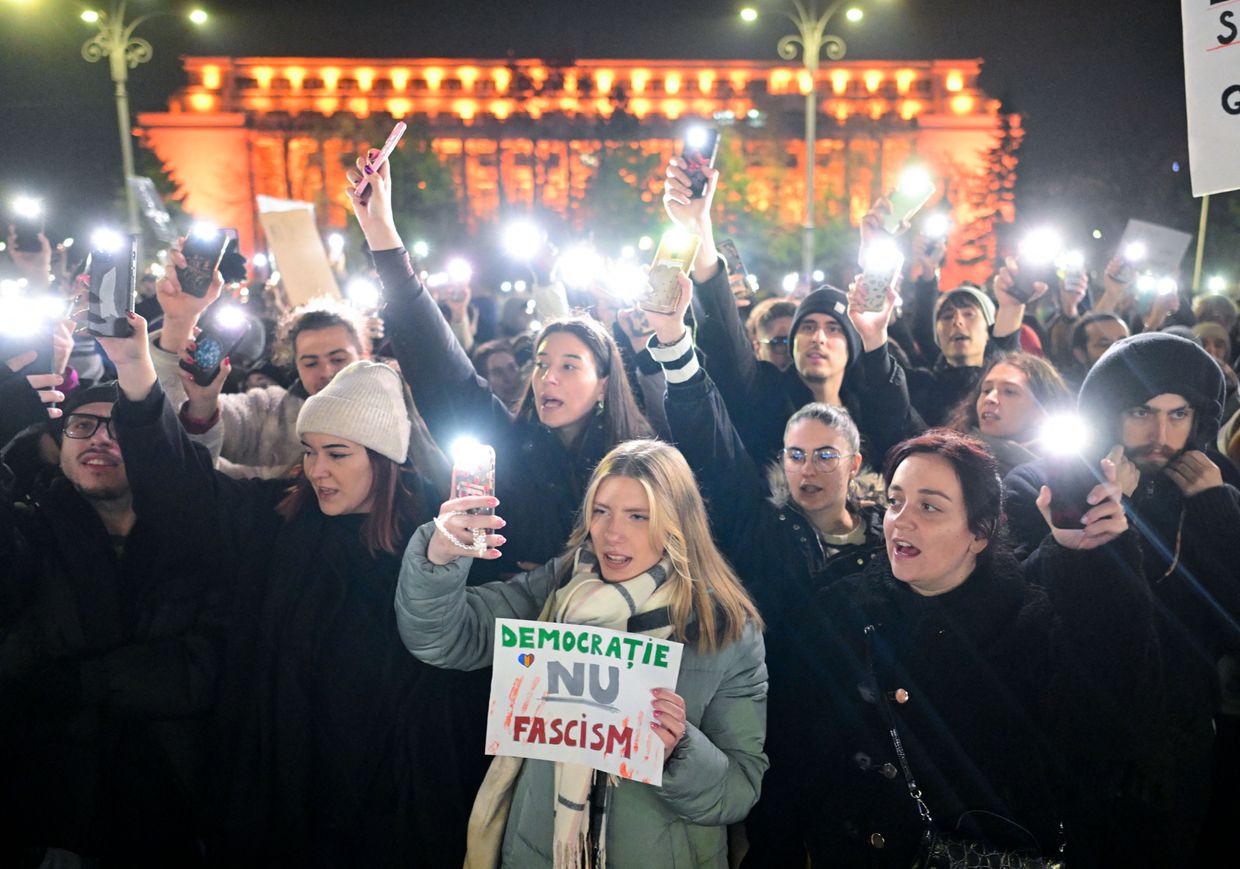
"He will be able to be everywhere, and he will change the mood of the country," he added.
Nevertheless, presidential powers are constrained by parliamentary checks and balances, preventing the head of state from unilaterally shifting Bucharest's geopolitical orientation, Romanian foreign policy journalist Mihai Isac told the Kyiv Independent.
However, the timing of the elections would give Georgescu one powerful tool to influence foreign policy — appointing a preferred candidate as prime minister. If the parliament rejects the president's nominee twice in a row, the legislature can be dissolved, leading to snap elections, says Vlad Adamescu, co-founder of the Politica La Minut publication.
Georgescu could, therefore, coerce the parties to shape a cabinet closer to his image or prompt snap elections that could potentially give the far right a chance to mobilize more support amid political instability.
Combining his presidential authority and the visible far-right success in the elections, Georgescu "could very well reorient Romania," Miscoiu concluded.
"We can reasonably believe that if elected, then there will be a change in Romania's position toward a much more neutral stance than today."
Ukraine fatigue in Romania
The election results come amid the growing Kremlin-friendly sentiment in Europe, with Romania following the recent example of Slovakia that turned from being actively supportive of Ukraine to now being vastly pro-Russian.
Yet, the growing support for radical groups is mainly attributed to Romania's economic challenges and dissatisfaction with the "establishment" parties rather than foreign policy issues.
A part of Georgescu's appeal rested on his heavily spiritual and religion-laden messaging, gathering support among the predominantly Orthodox Christian population.
"In the last few years, there is a stable increase in Russian-inspired propaganda, which puts the Orthodox relation between Romania and Russia in the first place," Isac said.
However, Georgescu and other far-right candidates also tapped into the growing fatigue with the war in Ukraine and the fears of being dragged into the conflict, mirroring the messaging of Kremlin-friendly politicians in Moldova or Georgia.
A Globsec 2024 poll showed that the percentage of Romanians who blame Russia for the war dropped by 10 points to 55%, a development attributed by the researchers to the rise of anti-Ukrainian narratives online.
"The Romanian government and the Romanian president did not talk about what we are sending to Ukraine… All the arms shipments that are happening — and it's very good that they are happening — are state secret," Adamescu said.
"And no one has explained why we need to do this, why this is in our national interest."
Though Georgescu's voters may not be "profoundly anti-Ukraine," they "voted for an anti-Ukraine candidate because the (political) establishment is pro-Ukraine," said Razvan Petri, Adamescu's colleague at Politica La Minut.
If Georgescu enters the presidential palace, he will join the small but budding coalition of Ukraine-skeptic voices in NATO and the EU, such as Hungary's Viktor Orban or Slovakia's Robert Fico.
With Donald Trump's imminent return to the White House in January, the idea of disengaging from Ukraine may no longer be considered fringe at a time when Kyiv needs support from its partners the most.
"It's reasonable to believe that if Romania switches position, then there will be some sort of a domino effect in the region and maybe also in the European Union," Miscoiu warned, naming neighboring Moldova as one of the countries that might feel the impact the most.





